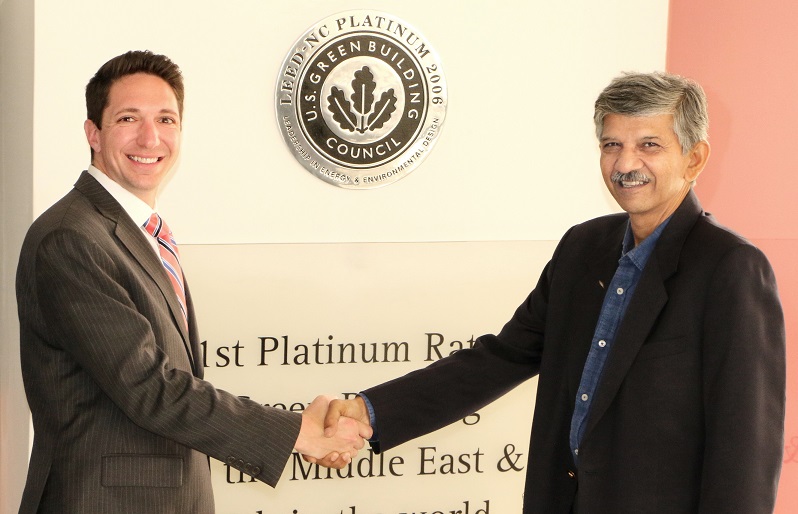UAE-based Pacific Controls, a provider of end-to-end ICT enabled managed services, has announced a strategic partnership with Chicago-based Qube to launch the first network-as-a-service model in the Gulf region.
A major supplier of Internet of Things (IoT)-based converged engineering solutions for buildings and infrastructure projects, Pacific Controls said the move is aimed at delivering a completely revolutionary approach to technology infrastructure.
Together, Qube and Pacific Controls will bring the benefits of complete end-to-end solutions that include UAE group’s revolutionary Galaxy IoT platform, Tier III data centre, and extensive cloud services portfolio.
The joint solutions include connectivity to a limitless array of typically-disparate sensors through Galaxy gateways, Gbots, WAN connectivity, and security, networking and virtualisation infrastructure via the Qube IT as a system.
Commenting on the partnership, CEO Sanjay Nayak said Pacific Controls has been pioneer in providing innovative and disruptive technologies to the market. “Today, ICT infrastructure is increasingly being managed across on-premise, co-located and cloud environments. This requires a trusted, flexible and scalable framework that allows for frictionless transition across the environments. We are pleased to leverage Qubes IT as a System approach to launch the first Network-as-a-Service offering in the region.”
He added: “Collectively, Pacific Controls and Qube solutions will allow organizations to manage their ICT infrastructure seamlessly while reducing cost at every stage of the evaluation, configuration, integration, implementation, support, and upgradation cycle.”
Qube’s Founder and CEO, Robert Mueller, said: “Together we have an amazing opportunity to help companies leverage the data locked within their devices to create real business value. Although cloud solutions have seen exponential growth over the last several years, and many businesses are realising the value of procuring IT solutions as a Service, the approach to on-premise infrastructure has remained relatively unchanged.”

